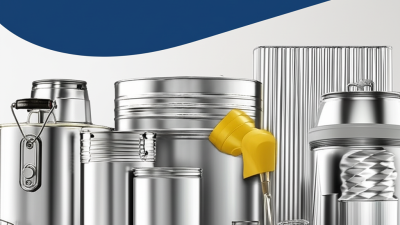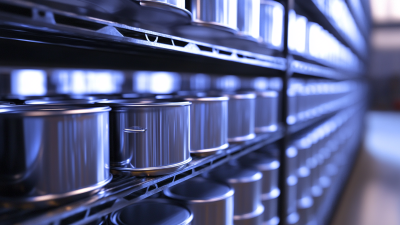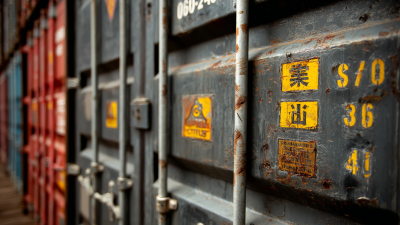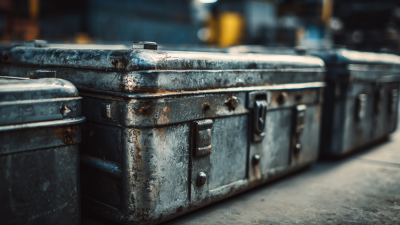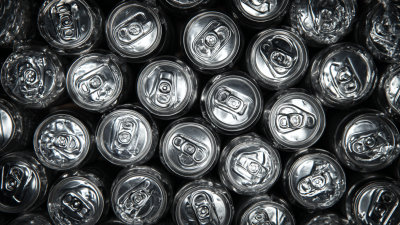 +8618680445103
+8618680445103
Free Standard Samples can be provided for you to check the quality.
Leave Your Message
When it comes to efficiently storing and transporting goods, choosing the right metal containers is crucial for your business. These versatile and durable solutions offer an array of benefits, from enhanced protection against environmental factors to superior strength and longevity. However, with a multitude of options available, making the best choice can be overwhelming. In this blog post, we will explore five essential tips that will guide you in selecting the ideal metal containers tailored to your specific needs. Whether you are seeking containers for shipping, storage, or manufacturing purposes, understanding the different types, materials, and designs will empower you to make informed decisions. Join us as we delve into the key considerations that can help optimize your operations and drive success in your business.
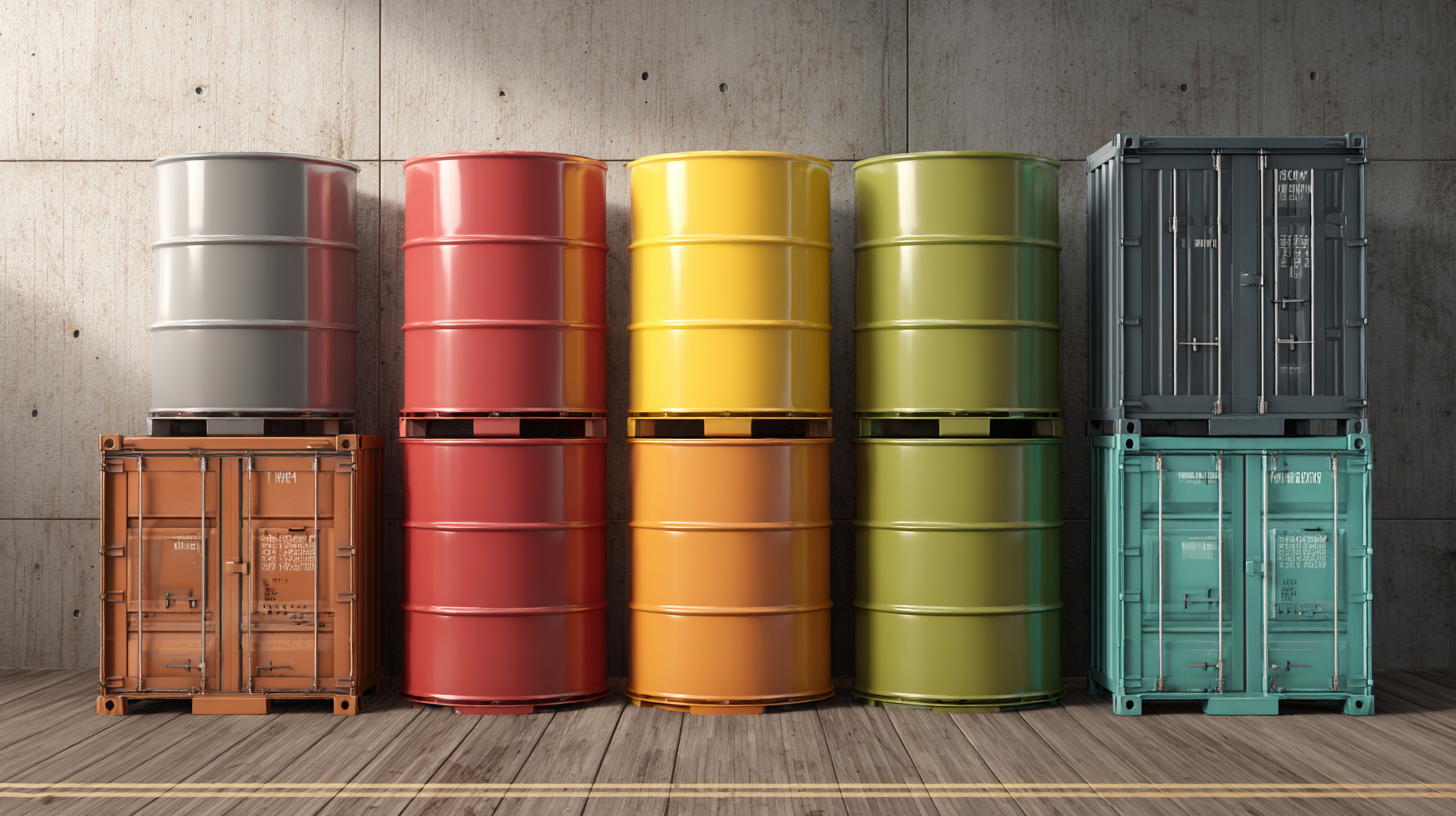
When selecting metal containers for your business, it is crucial to assess your specific needs by understanding the container specifications. Different industries require different types of metal containers based on factors like contents, environmental conditions, and storage requirements. For instance, food-grade containers must comply with health regulations, while chemical storage often calls for leak-proof and corrosion-resistant options.
Tip 1: Evaluate the size and volume of the containers required. Choose containers that can accommodate your products without compromising quality. Oversized containers can lead to spoilage, while undersized ones may result in unnecessary transfers and handling.
Tip 2: Consider the type of metal used. Stainless steel is ideal for products requiring high levels of hygiene and durability, whereas aluminum may suit lighter materials. Understanding these properties will help you select the right metal to prevent contamination and maintain product integrity.
Tip 3: Assess any additional features needed, such as lids, handles, or customizations. These can enhance usability and safety, which are critical factors for operational efficiency. By thoroughly evaluating these specifications, you can ensure that your metal containers will effectively meet your business needs.
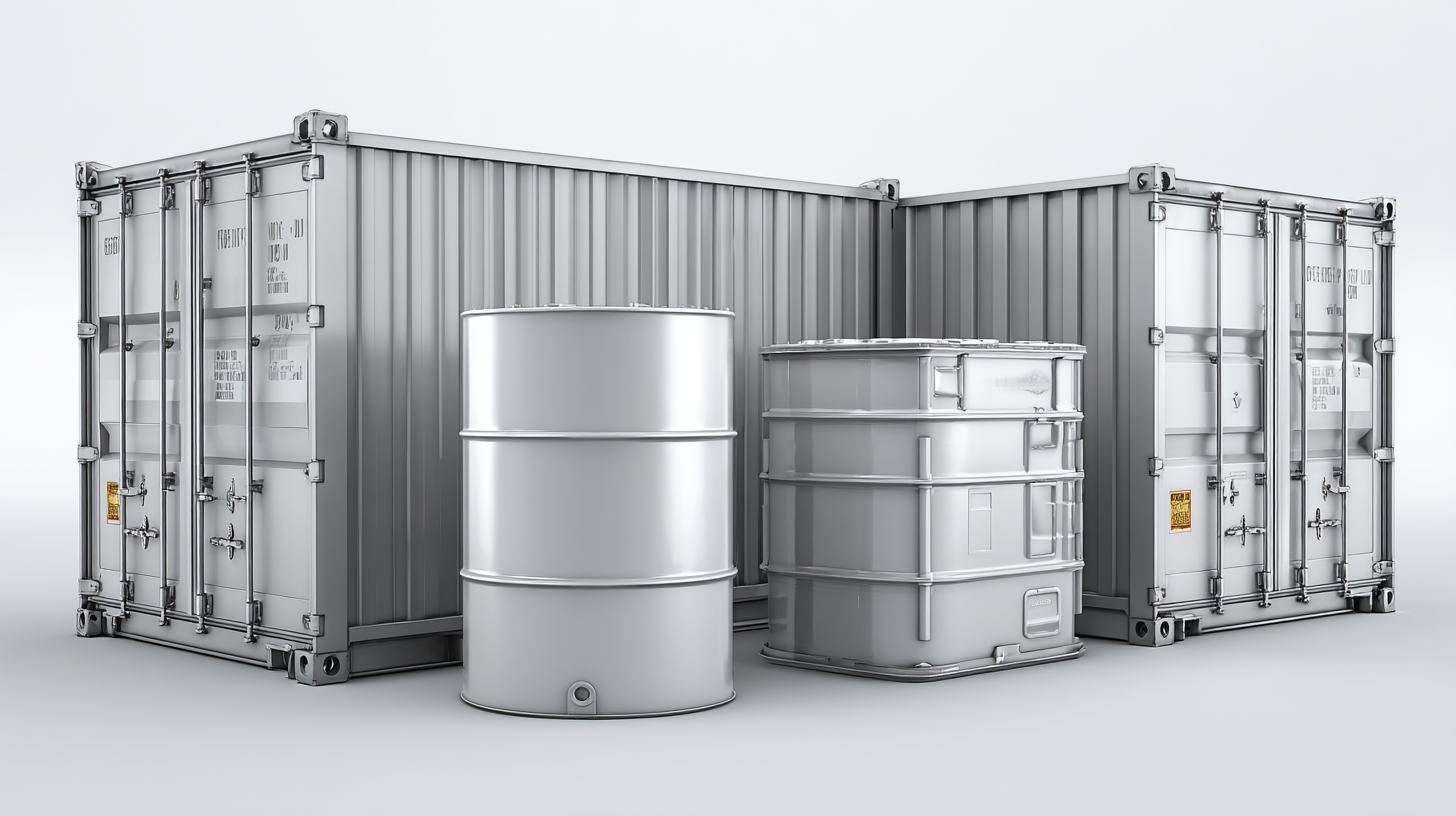
When it comes to selecting metal containers for your business, the choice of material is paramount for ensuring durability and safety. Different types of metals offer distinct properties that can greatly affect performance. For instance, stainless steel is renowned for its corrosion resistance and strength, making it an ideal choice for food storage or chemical containment. On the other hand, aluminum is lightweight and exhibits excellent thermal conductivity, which can be advantageous in industries that require temperature control.
Another consideration is the specific application of the containers. If your business involves storing highly reactive substances, materials like titanium or specialized coated metals may be necessary to prevent reactions that could lead to leaks or contamination. Moreover, understanding regulations concerning the type of metal used for your applications is crucial, especially in sectors like pharmaceuticals and food processing, where safety standards are stringent. By carefully assessing both the properties of various metal types and the unique requirements of your business, you can make an informed decision that optimizes the safety and longevity of your metal containers.
| Tip Number | Tip | Metal Type | Durability Level | Safety Rating |
|---|---|---|---|---|
| 1 | Consider the Container's Purpose | Stainless Steel | High | A+ |
| 2 | Evaluate Weight Considerations | Aluminum | Medium | A |
| 3 | Consider Thermal Conductivity | Copper | High | A |
| 4 | Analyze Corrosion Resistance | Galvanized Steel | Medium | B+ |
| 5 | Check Environmental Impact | Recycled Metal | High | A+ |
When it comes to selecting metal containers for your business, size and capacity play a pivotal role in ensuring the safety and integrity of your product. According to a report by Smithers Pira, the global market for metal packaging is projected to reach $200 billion by 2025, emphasizing the importance of choosing the right size to meet both regulatory standards and consumer expectations. Properly sized containers not only optimize storage but also minimize waste, helping businesses become more efficient.
Understanding the specific dimensions required for your product can greatly influence customer satisfaction. Research from the Metal Container Manufacturers Association (MCMA) indicates that consumers are increasingly favoring products that utilize space-efficient packaging. This means that if your metal containers are too large, your brand may be sending a message of wastefulness, potentially deterring eco-conscious customers. Conversely, under-sizing can lead to complications such as product damage, spoilage, or compliance issues. Therefore, investing time in determining the ideal size and capacity for your metal containers is crucial for sustaining your business’s credibility and market share.
When selecting metal containers for your business, cost-effectiveness is crucial. A recent industry report from Smithers Pira indicates that the market for metal packaging is set to grow by 4.2% annually, signifying a rise in demand coupled with an increased emphasis on quality. Striking the right balance between quality and budget involves careful evaluation of your specific needs. For businesses focused on sustainability, investing in durable metal containers can reduce long-term costs and improve brand reputation.
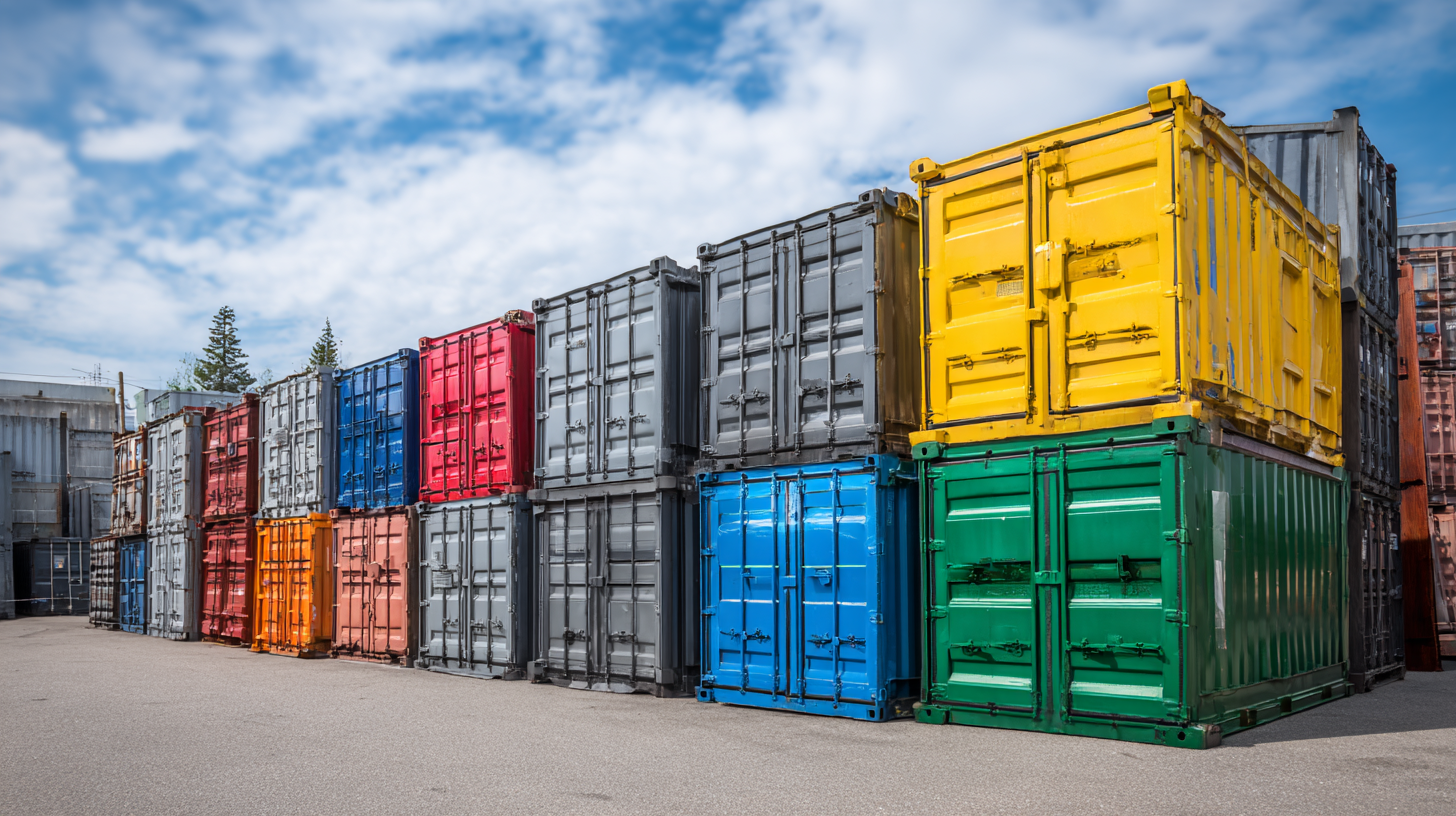
Tip 1: Assess the lifecycle costs of your metal containers. While cheaper options may seem appealing initially, considering their longevity and maintenance requirements is essential. Investing in higher-quality metal containers may lead to lower replacement and repair costs over time.
Tip 2: Look for suppliers who offer bulk purchasing discounts. According to a report by Mordor Intelligence, collaborative purchasing strategies in the metal container industry can result in savings up to 15%. Establishing a long-term partnership with a reliable supplier can also ensure you receive consistent quality without compromising your budget, allowing you to maximize the cost-effectiveness of your choices.
When selecting metal containers for your business, regulatory compliance should be at the forefront of your decision-making process. Various industries, including food and beverage, pharmaceuticals, and chemicals, are bound by strict regulations that dictate the materials and construction of containers. According to a report from the International Organization for Standardization (ISO), approximately 80% of businesses face compliance issues due to inadequate knowledge of regulatory requirements. Ensuring that your containers meet industry-specific standards is crucial not just for legal adherence but also for maintaining product safety and quality.
Standards such as the Food and Drug Administration (FDA) regulations for food-grade materials and the European Union's REACH guidelines for chemical substances are vital components to consider. A recent study from the Container Recycling Institute noted that failure to comply with these standards can result in fines exceeding 1 million dollars, along with substantial reputational damage. By investing time in understanding these regulations and selecting suppliers who prioritize compliance, businesses can mitigate risks and enhance confidence among consumers. Remember, a well-chosen metal container not only serves as a barrier for your product but also reinforces your commitment to safety and quality standards.

